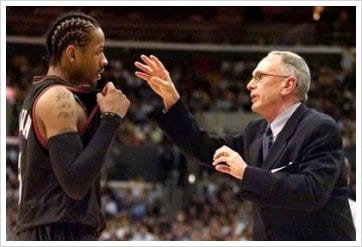by Frank Miceli – November 2013 Growing up in south Philly Growing up in Philadelphia a block away from the sports complex I always dreamed of someday working for the Philadelphia Flyers. As a 16-year old I was inspired by the story of Ed Snider after reading a magazine article about him and his business philosophy. I…Continue Reading Top 10 Ways to Inspire Others (and succeed in the business of sports)
Top 10 Ways to Inspire Others (and succeed in the business of sports)









